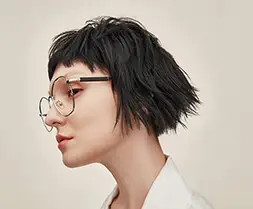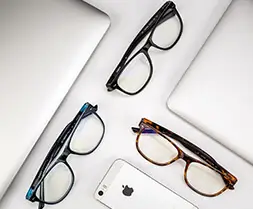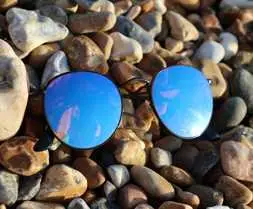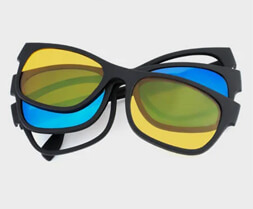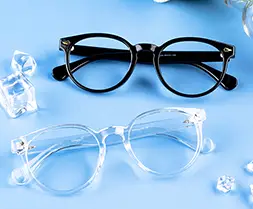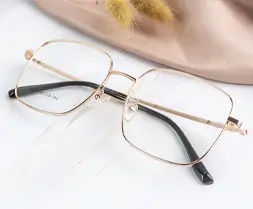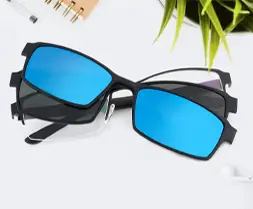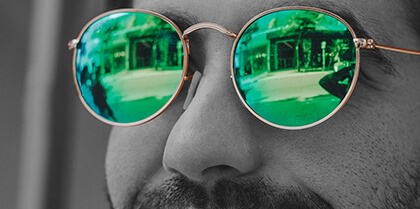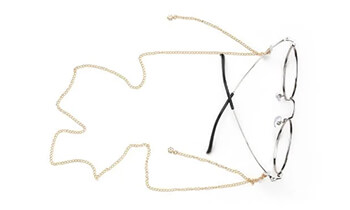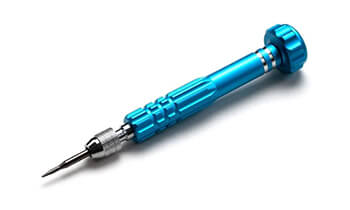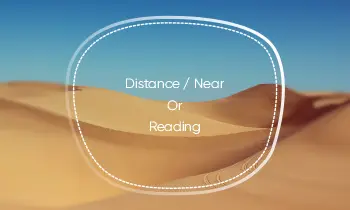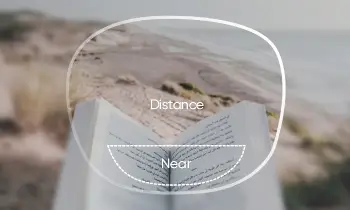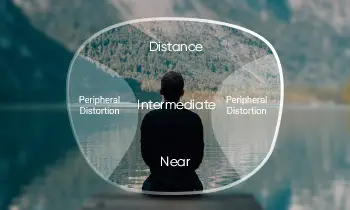Myopia, also known as nearsightedness, is a condition where people can see objects that are near to them clearly, but objects farther away appear blurry. It has become a common vision problem among children, and if left unmanaged, it can lead to serious eye problems later in life. Fortunately, there are several ways to prevent myopia in children.
1. Encourage outdoor activities: Spending time outdoors is associated with a reduced risk of myopia. This is because natural daylight provides the eyes with high levels of light intensity, which helps stimulate the release of dopamine in the retina, a neurotransmitter that slows down the elongation of the eyeball, preventing myopia from developing. Encourage your child to spend at least two hours outdoors every day, whether it's playing in the park, participating in sports, or going for a walk.
2. Limit screen time: Studies have shown that excessive screen time is associated with a higher risk of myopia in children. This is because staring at screens for extended periods can cause eye strain, dry eyes, and fatigue, which can lead to myopia. Limit your child's screen time to no more than two hours a day, and encourage them to take regular breaks every 20-30 minutes to look away from the screen and focus on something in the distance.
3. Ensure proper lighting: Poor lighting can put unnecessary strain on your child's eyes, leading to myopia development. Make sure that your child's study area is well-lit, and the lighting is appropriate for the task at hand. Avoid harsh or dim lighting, and make sure that the light source is not directly in front of or behind your child's eyes.
4. Maintain a healthy diet: A balanced and nutritious diet can also help prevent myopia in children. Encourage your child to eat a diet rich in fruits, vegetables, and whole grains, as well as foods containing omega-3 fatty acids, which are essential for eye health. Foods such as fish, nuts, and seeds are good sources of omega-3 fatty acids.
5. Regular eye exams: Regular eye exams are crucial in detecting myopia early, which makes it easier to manage. Schedule annual eye exams for your child with a qualified eye doctor, especially if there's a family history of myopia. During the eye exam, the optometrist will check your child's visual acuity, eye alignment, and eye health, and prescribe corrective eyewear if necessary.

6. Corrective eyewear: If your child has myopia, corrective eyewear such as prescription eyeglasses can help improve their vision and prevent further worsening of the condition. When it comes to eyeglasses, it's essential to get the right prescription from a qualified optometrist. The prescription should be up-to-date and accurately reflect your child's visual needs. Wearing prescription eyeglasses can help your child see more clearly and reduce eye strain and fatigue associated with myopia. Eyeglasses work by bending light that enters the eye, so it focuses correctly on the retina. This helps your child see objects more clearly and reduces the strain on the eyes.
With the rise of online shopping, it's now possible to purchase glasses online. Buying eyeglasses online can be convenient and cost-effective, but it's essential to ensure that you're getting the right pair of glasses for your child. Before purchasing eyeglasses online, make sure to get an up-to-date prescription from a qualified optometrist. This will ensure that you're getting the correct prescription for your child's visual needs. When shopping for eyeglasses online, look for a reputable online retailer that offers a wide selection of frames, lenses, and coatings.


